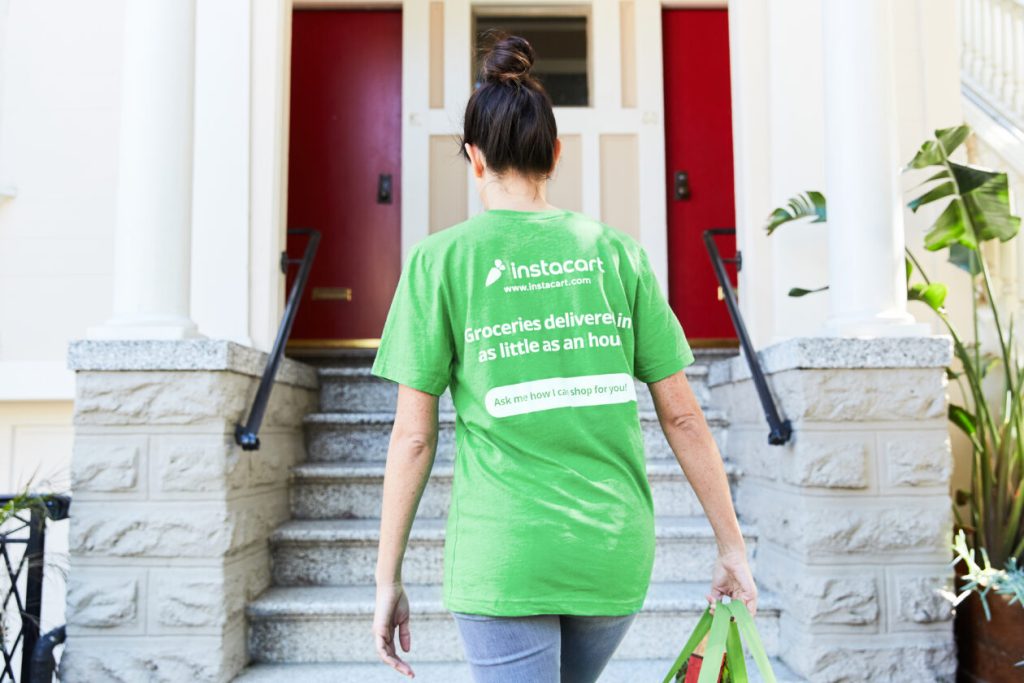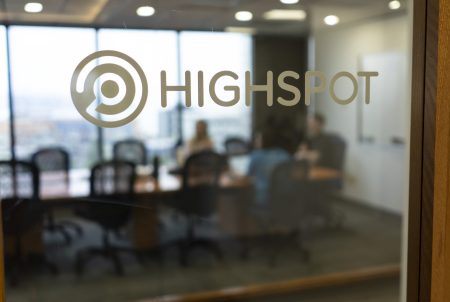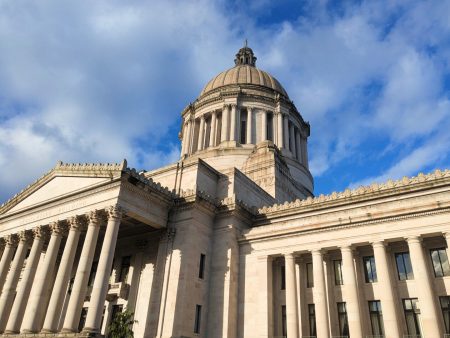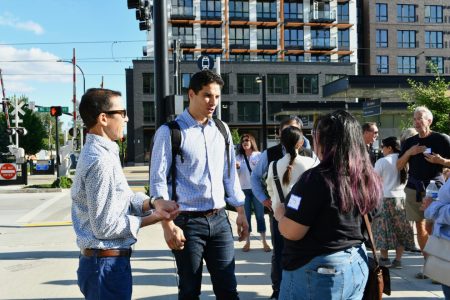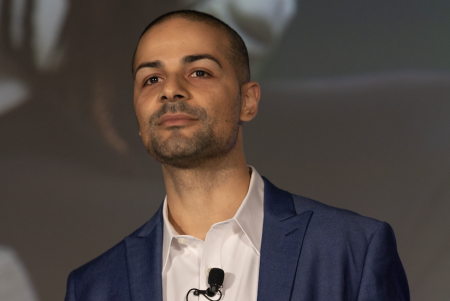The ongoing legal battle between Seattle and gig economy giants Instacart and Uber has intensified with the companies’ recent appeal against a newly enacted city ordinance. This ordinance, known as the App-Based Worker Deactivation Rights Ordinance, aims to provide greater job security for app-based workers like delivery drivers and grocery shoppers by regulating the process through which companies can deactivate them from their platforms. The core of the dispute lies in the companies’ contention that the ordinance infringes upon their First Amendment rights, is unconstitutionally vague, and unduly burdens their operations. This appeal follows an initial lawsuit filed by Uber and later joined by Instacart, and a subsequent rejection by a federal judge of their attempt to block the law’s implementation on January 1, 2024.
The ordinance introduces several key protections for app-based workers facing deactivation. It mandates a 14-day notice period before deactivation, requires companies to base deactivation decisions on “reasonable” policies, ensures human review of all deactivation decisions, and guarantees workers access to the records justifying their deactivation. These provisions are designed to address concerns about arbitrary or unfair deactivations, which can have significant financial consequences for workers who rely on these platforms for their livelihood. The companies, however, argue that these requirements place undue burdens on their operations and restrict their ability to manage their platforms effectively.
Instacart, in a statement following the judge’s ruling, reiterated its commitment to fighting the ordinance, asserting that it poses risks to both the company and its customers. The company maintains that the ordinance is flawed and will negatively impact its ability to operate efficiently and maintain the quality of its service. While the specific nature of these risks hasn’t been fully detailed, it likely revolves around concerns about maintaining platform integrity, preventing fraud, and addressing worker misconduct in a timely manner. The appeal represents the latest salvo in a protracted battle between the gig economy companies and Seattle lawmakers, who have been at the forefront of efforts to regulate the industry and protect worker rights.
The initial ruling against Instacart and Uber, issued by U.S. District Judge Marsha Pechman, rejected their First Amendment arguments. Judge Pechman determined that the ordinance primarily regulates business conduct, not speech, and that any impact on speech is incidental to its primary purpose of protecting workers. The judge found that the ordinance’s focus on regulating the deactivation process does not constitute a restriction on the companies’ speech, and that the requirements are justified by the city’s interest in safeguarding worker rights. This ruling essentially affirmed the city’s authority to regulate the gig economy within its jurisdiction.
The legal dispute also underscores the broader tension between the flexibility offered by the gig economy model and the need for worker protections. Companies like Instacart and Uber emphasize the importance of maintaining flexibility to quickly respond to market demands and ensure platform efficiency. They argue that strict regulations can hinder their ability to manage their workforce and maintain service quality. Conversely, worker advocates and city officials highlight the precarious nature of gig work, where workers often lack traditional employment benefits and protections, making them vulnerable to arbitrary deactivation and loss of income. The Seattle ordinance is an attempt to balance these competing interests by providing a baseline of protection for app-based workers without excessively restricting the operational flexibility of the companies.
This legal battle is not the first clash between Seattle and gig economy companies. In previous years, similar disputes have arisen over minimum wage laws and other worker protections. Seattle has been a particularly active city in advocating for gig worker rights, reflecting a broader trend of cities and states grappling with the challenges of regulating this rapidly evolving sector of the economy. The outcome of this appeal will have significant implications not just for Instacart and Uber in Seattle, but also for the broader gig economy landscape, potentially influencing similar legislative efforts in other jurisdictions. The ongoing legal challenges underscore the complex and evolving relationship between gig economy platforms, workers, and regulators, and the need to find sustainable solutions that balance flexibility with fairness.





